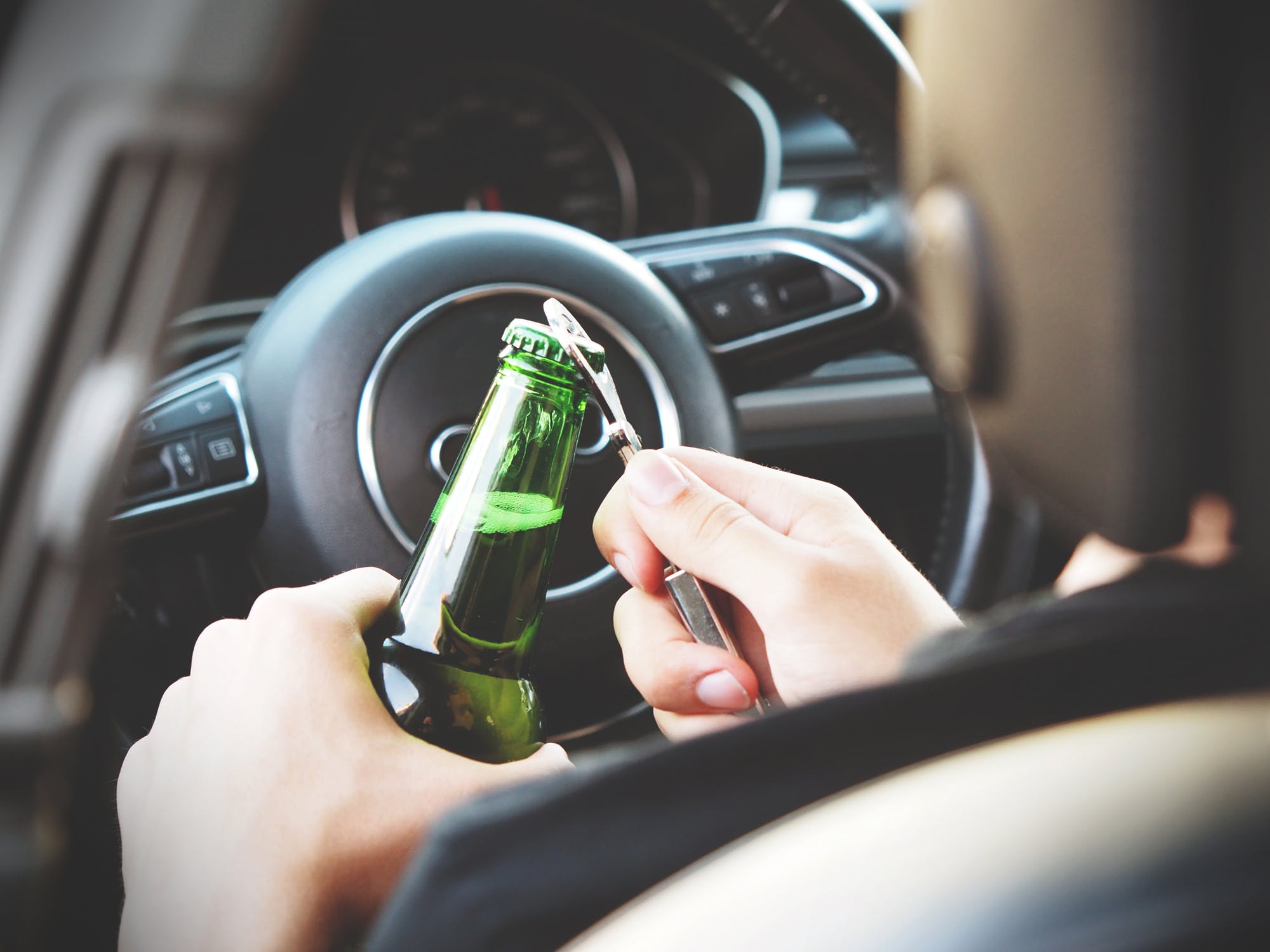As a New Orleans DUI Attorney, Douglas McGinity is concerned about your safety over Thanksgiving break. According to the CDC, over 1.1 million drivers were arrested in 2014 for driving under the influence of alcohol or narcotics, which amounts to one percent of 121 million self-reported alcohol-impaired driving incidents. With the large risk posed by impaired driving, authorities have taken significant steps in cracking down on offenders. While laws and penalties tend to vary state to state, driving while under the influence of alcohol is illegal throughout the country, so the bottom line remains to never drink and drive.
In terms of criminal offense, the violation of impaired driving is referred to as driving under the influence (DUI), driving while intoxicated (DWI), operating while impaired (OWI), or operating a vehicle under the influence (OVI) for different vehicles. Usually, it is considered unlawful to drive with a blood alcohol content level (BAC) .08% or higher. In addition, some states do charge for lower levels and individual states, counties, municipalities or towns may enforce “Zero-Tolerance” policies where any detectable level of alcohol is considered an offense, especially for underage drivers. With probable cause, police officers enforce a series of field sobriety tests such as the classic Walk & Turn Test or a breathalyzer. Following any sign of significant intoxication, a person may be beholden to criminal penalties as well as an Ignition Interlock Device, the cost of which may be placed upon the offender.
In Louisiana, the laws regarding DUIs or DWIs follow a similar pattern. If a driver 21 or older tests a BAC level .08% or higher, he or she would be subjected to a DUI charge. For drivers under 21, a BAC level needs only to be .02% or higher while driving to induce a charge. Because Louisiana enforces an implied consent law, refusal to take a chemical test could lead a driver to a fine and an automatic license suspension for six months with increased offenses earning a two-day jail sentence. Sentences for first offense DUIs follow with 90 days of license suspension, $1000 fine and payment for legal proceedings, and up to six months of prison. Second offense DUI convictions require similar consequences with one year of life revocation. However, third offense DUI convictions involve two years of license suspension, $2000 fine, and up to five years of prison time, beginning a felony criminal record. By the time one reaches a fifth offense DUI conviction, a driver could face up to 30 years in prison, a $5000 fine, two years of license suspension, and mandatory substance abuse treatment, home incarceration, and community service.
Like most penalties, DUI convictions range on terms of severity. With a greater number of offenses, it’s unlikely to receive a lenient sentence, but first offenses or plea bargains are possible for DUI charges. While a plea bargain generally depends on the prosecutor, the charges over drunk driving can be reduced to a “wet reckless” or a variation of a reckless driving charge. However, this lowering of charges also hinges on the severity of the charge regardless of the driver’s past offenses. Nevertheless, there is no statutory provision on these types of plea bargains in Louisiana, so the decision must originate from the lawyer.
Although these are strict guidelines surrounding impaired driving, it is important to recognize that BAC levels vary depending on weight, sex, number of drinks, and other personal characteristics. Also, different jurisdictions can apply a law in different ways with regards to DUI charges, so certain sentences and convictions can vary depending on the location. Still, one universal piece of advice that applies in any part of the country is to simply drive sober. If you do happen to find yourself facing a DUI or similar charge immediately contact Douglas McGinity , a qualified attorney with over a decade of experience, who will fight for your rights.
Disclaimer: This article should not be misconstrued as legal advice. NEVER DRINK AND DRIVE. This article exists purely for informational purposes and as a rough point of reference on the laws of the State of Louisiana in regards to DWIs, OWIs, OVIs and DUIs. All sources are open to the public and listed below.
https://www.cdc.gov/motorvehiclesafety/impaired_driving/impaired-drv_factsheet.html
http://dui.drivinglaws.org/la.php#
http://www.dmv.org/la-louisiana/automotive-law/dui.php

